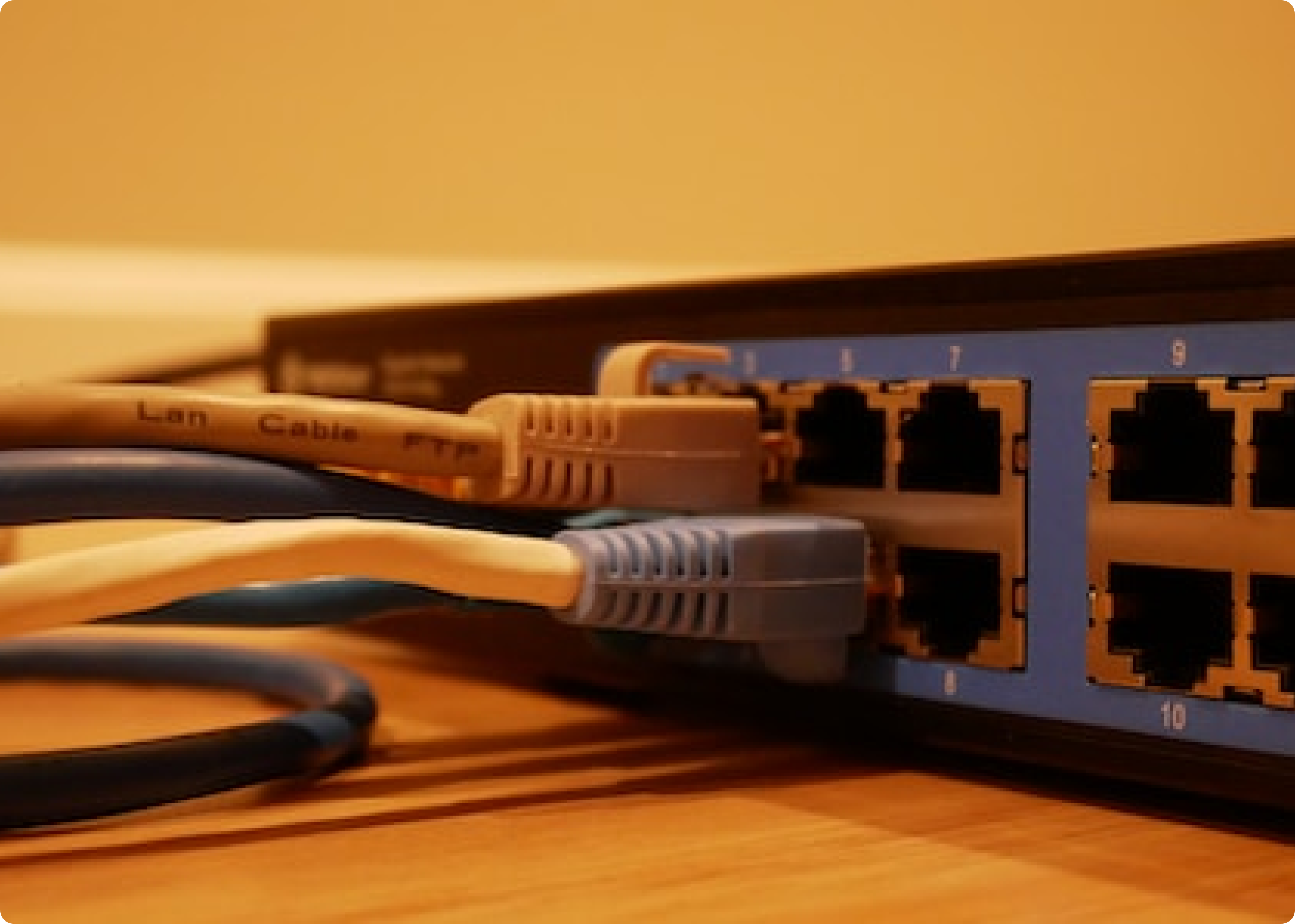
Our Solutions
industry leaders in security systems and digital banking solutions with tremendous technical capabilities


industry leaders in security systems and digital banking solutions with tremendous technical capabilities


Datacard® Central Issuance System Controller software provides a recognizable user-friendly interface for all Datacard® Card and Passport Issuance Systems, making it easy to manage complex operations. Operating card or passport issuance with a single controller drives production efficiency while eliminating the need to maintain, secure, and administer multiple controller PCs per system. It also simplifies migration to additional Datacard® systems, with no need for administrators or operators to learn a new interface.

Financial cards that are instantly issued have an impact on both your business and the cardholders' experience. With the help of our Instant Financial Issuance solution, you can provide your clients with dual-interface, permanent, activated credit or debit cards right away. Think about the influence a client would have if they entered one of your branches and left with a personalized permanent payment card that gave them immediate purchasing power.

Instantly issued debit and credit cards have an influence on your business and the experience of your cardholders. Instantly issued debit and credit cards have an influence on your business and the experience of your cardholders.

IDs must be issued safely and efficiently to fulfill the expectations and demands of those using them, whether they are a student card used to pay for food, an employment badge used to enter the workplace, or a passport needed to cross a border. We address large and small, digital and physical, ID issuing difficulties thanks to our experience in the sector.

Payment switching is a technology used by payment processors to connect merchants with multiple payment methods, such as credit cards, debit cards, and e-wallets, to various financial institutions, such as banks and card networks. It allows merchants to accept multiple payment methods without having to integrate each payment method separately, reducing the complexity of payment processing. Payment switching also provides added security features such as fraud monitoring, and ensures that transactions are processed securely and efficiently. The technology acts as an intermediary between the merchant and the financial institution, facilitating the transfer of funds and managing the payment transaction process

BASE24-eps is a comprehensive solution for acquiring, authenticating, routing, switching, and authorizing card- and non-card-based financial transactions through various channels.

A fully integrated set of modules called Postilion is made to help banks, processors, and retailers process electronic payments. Postilion, which was developed utilizing open systems technology, enables the smooth movement of information between internal and external channels to create an omni-channel experience.

Omnicommerce is an integrated “all-channel” retail approach that seeks to deliver consistent, seamless, personalized experiences that culminate in secure, frictionless payments.

SecurDPS Enterprise allows organizations to take complete control of their sensitive data. Protecting sensitive data with a data-centric security approach helps your organization to comply with privacy regulations, reduce the risk of breaches and monetize valuable data – while improving your competitive advantage. Today SecurDPS Enterprise is protecting hundreds of millions of payment transactions, healthcare records, insurance records, and more, reliably running in business-critical environments.

Implementing data-centric security requires a platform that not only offers protection methods that fit your use cases, but that also integrates easily into your enterprise applications and existing cyber-security infrastructure. Ease of integration very often can be the deciding factor in determining the cost and risk associated with any data protection project.

Data Discovery and Classification solution enables organizations to detect and analyze all usage of data and its lineage without relying upon organizational knowledge of the existence or location of the data. The process is completely automated! This automation makes it much easier to get a clear picture of how your data is being stored, process, and shared in real-time

Reduce Fraud Losses and Improve Bank Fraud Detection Rates
Enterprise fraud prevention is essential to ensure customers are protected across all digital channels and payment types.
1, Prevent all types of payments fraud including real-time, card, check, ACH, digital and online fraud, internal and anti-money laundering (AML)
2, Combat account takeover fraud and prevent financial crimes across all digital channels
3, Gain behavioral bio metrics, real-time alerting and more with ACI’s fraud ecosystem partners
4, Leverage new network intelligence technologies from ACI for effective collaboration

Security-Driven Networking
Fortinets security-driven networking solution delivers Enterprise Protection and User Experience at any Edge & provides Secure High-Performance Connectivity Between within on-premises networks and cloud .
ZTNA is an integrated component of the Fortinet Security Fabric, giving administrators the assurance, that only trusted and validated users/devices can access sensitive data stored in corporate and SaaS applications from anywhere.
Fortinet Adaptive Cloud Security solutions provide the necessary visibility and control across cloud infrastructures, enabling secure applications and connectivity from the data center to the cloud.
Fortinet utilizes artificial intelligence (AI) of varying types, in various locations for complementary purposes. From the global threat intelligence in our FortiGuard Labs, to inline security controls deployed throughout the organization, and centralized advanced threat detection and response in the SOC

Multifactor authentication is a security system that requires multiple forms of identification from a user before granting access to a system or application. MFA is a more secure form of authentication than a simple password because it requires the user to provide additional evidence of their identity beyond something they know, such as a password.

Server virtualization is used to mask server resources from server users. This can include the number and identity of operating systems, processors, and individual physical servers. Server virtualization is the process of dividing a physical server into multiple unique and isolated virtual servers by means of a software application. Each virtual server can run its own operating systems independently

Desktop virtualization is technology that lets users simulate a workstation load to access a desktop from a connected device. It separates the desktop environment and its applications from the physical client device used to access it

Application virtualization is a technique used in software development to separate an application from the underlying operating system and hardware it is running on. This is achieved by creating a virtual environment that emulates the necessary system resources and dependencies required by the application, without actually installing the application on the host operating system.

Network virtualization is rewriting the rules for the way services are delivered, from the software-defined data center (SDDC), to the cloud, to the edge. This approach moves networks from static, inflexible, and inefficient to dynamic, agile, and optimized. Modern networks must keep up with the demands for cloud-hosted, distributed apps, and the increasing threats of cybercriminals while delivering the speed and agility you need for faster time to market for your applications

A load balancer can be deployed as software or hardware to a device that distributes connections from clients between a set of servers. A load balancer acts as a ‘reverse-proxy’ to represent the application servers to the client through a virtual IP address (VIP). This technology is known as server load balancing (SLB). SLB is designed for pools of application servers within a single site or local area network (LAN).